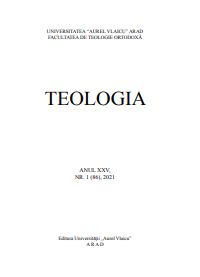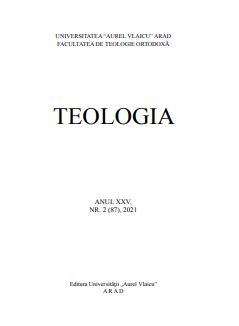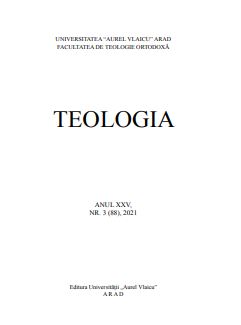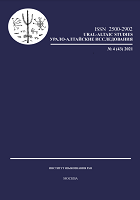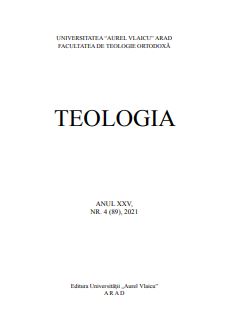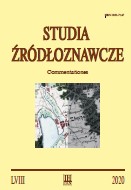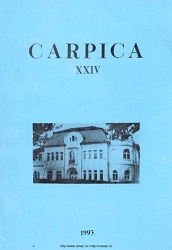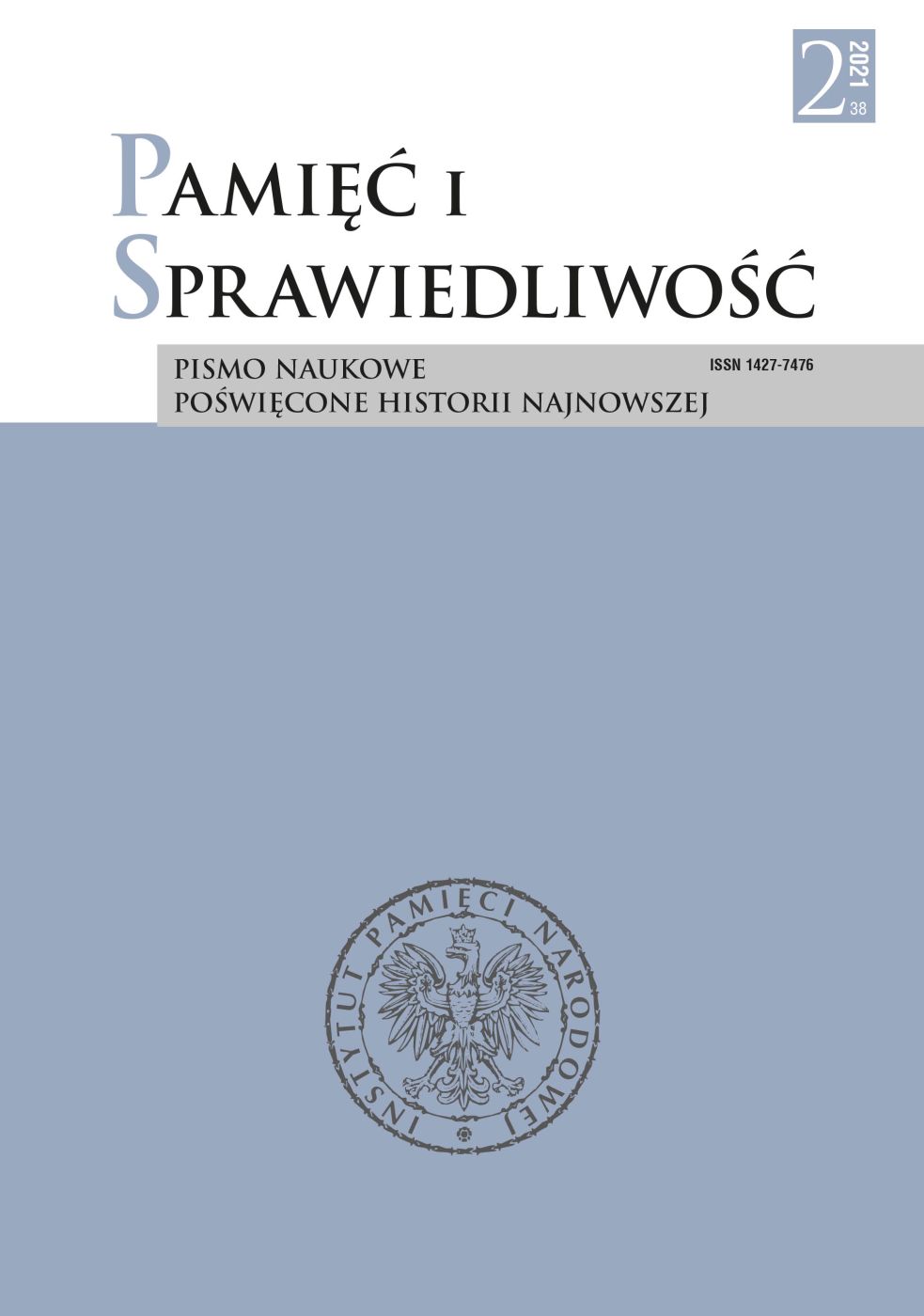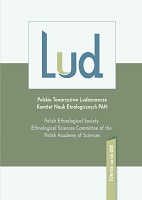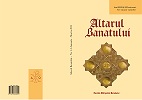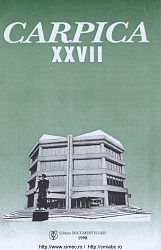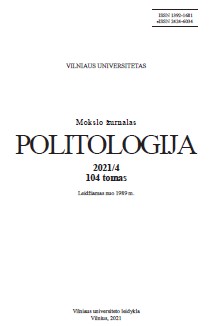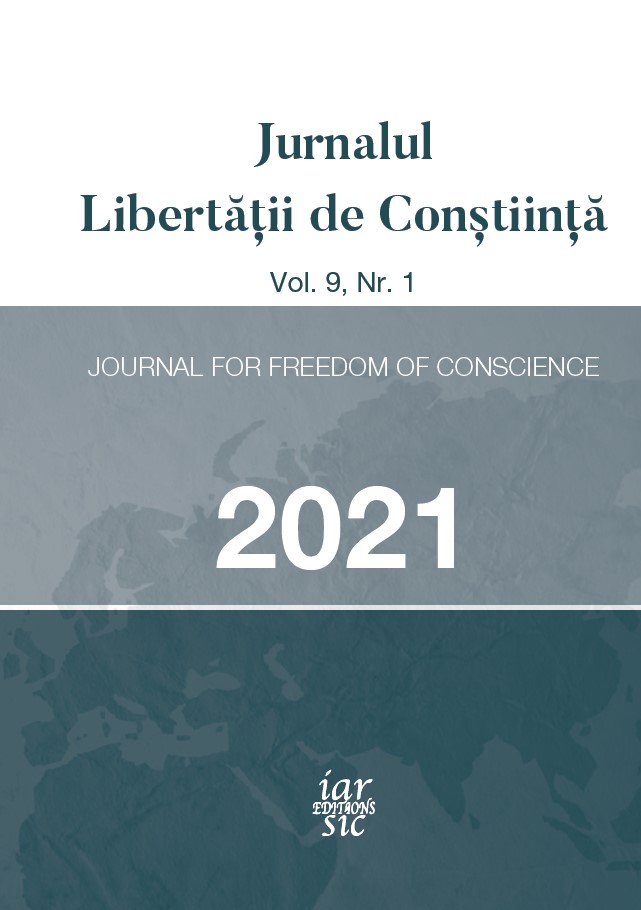
LIBERTATEA UMANĂ CA DREPT FUNDAMENTAL, ÎN CONTEXTUL PROBLEMATICII TRAFICULUI DE PERSOANE – O PERSPECTIVĂ CREȘTINĂ
Freedom is one of the fundamental human rights which they benefits from by the very act of God’s creation. Despite social progress and social policies development in numerous countries around the world, but specially in highly developed democratic countries, the right to freedom is seriously infringed in the context of human trafficking for the purpose of sexual exploitation, labour exploitation, forced begging and criminality or illicit trade in human organs.Against these forms of human exploitation a unified perspective from christian social theology is needed, which to create concrete forms of intervention and information and awareness amongst the believers. In this paper, we aim to do a brief overview on human trafficking from a christian perspective, given the fact that this still current practice is in flagrant violation of human freedom and dignity as gifts of the supreme Creator offered to any man on this earth,regardless of nationality, ethnicity, religion, sex, age, and others.
More...
